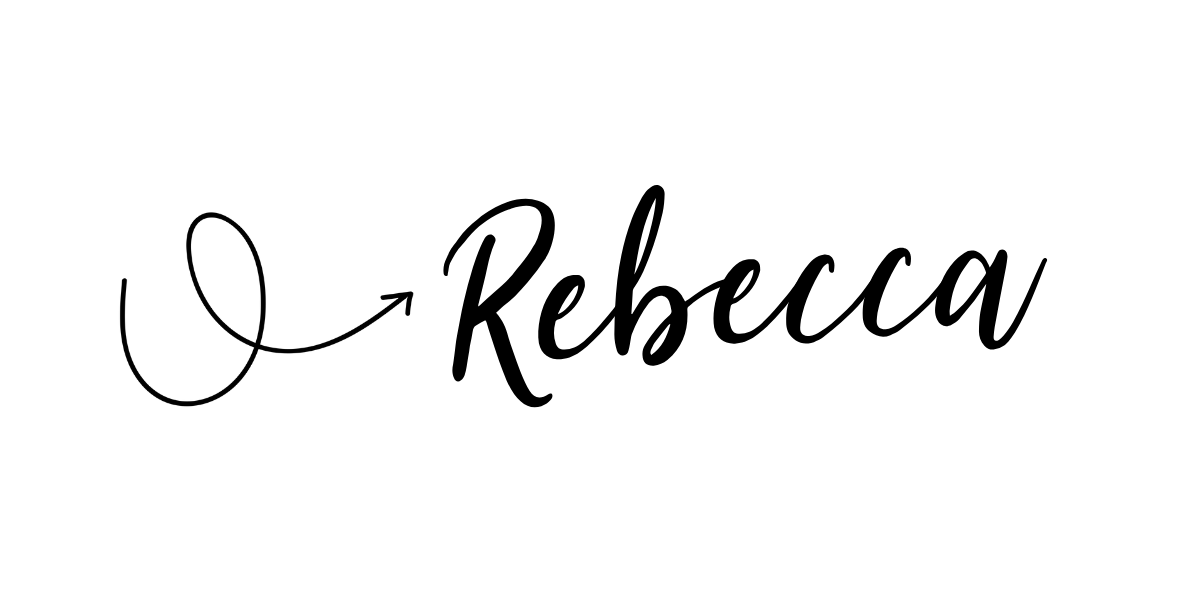My firstborn taught himself to read. I remember a few frustrating teaching sessions, and then one day he pulled out a grade 2 reading level book and without any stepping stones, was reading it fluently. No catching, no sounding out, it just clicked and he has been a voracious reader ever since. While this first experience in “teaching” a child to read was undeniably a pleasant one… it ruined me. I approached my second child with a measure of expectation and therefore annoyance when she didn’t perform at the level I thought she should. I tried a variety of reading curriculums, I gave her time, my expectations were forced to be lowered, one tearful encounter after another. It was painful for both of us, and I’m not sure that I learned anything constructive in the process. I walked out of that experience feeling like I had failed, feeling like I had damaged a little bit of my daughter’s love of learning, and knowing I didn’t want to repeat it.
Enter my son. My third child was a preemie. He was tiny and always behind in his developmental milestones. He walked late, he talked late, he grew slowly and is more the size of children 2 years younger than him. He is now 7 years old, and technically in grade 2 (though let’s face it, I homeschool, so who’s counting?). Just a few weeks ago, he could barely sound out three letter words. Reading over the past three years has ALWAYS ended in tears. Even just reading a sentence would often end with multiple times of getting stuck, “What does this letter say?”
The crazy part is, the kid KNOWS his letters and sounds. We’ve been repeating them for 3 YEARS! I knew that a big part of his problem was a lack of confidence in himself, and me getting frustrated was going to make matters worse: so I backed off. For the past two years, I have taken all the pressure off. He goes to the library and gets books simply to look at the pictures. I have hoped (in what seemed like vain) that they would spark his interest in wanting to learn to read for himself, but nothing seemed to change.

PIN ME!
*This post contains affiliate links for your convenience
How my son taught himself to read in 1 week
I recently decided to take a new approach. I knew this kid needed motivation but nothing seemed to be working for him. I had pulled out our grade k/1 reading program and was working with him on that but I needed something to add a spark of inspiration. So I pulled out some change and told him that if he read his whole beginner reader (about 30 short stories, should have taken about a month) that I would give him $4. His face lit up, and that was that! For days, he was reading every time I turned around. A combination of being ready, finding something that was easy enough to boost his confidence and get him excited that yes, he COULD do this, and a nudge in the right direction and he was all over it!
As I posted his success reading on Instagram stories (if you aren’t following me over there, that is where I post day-to-day videos showing you my homeschool day over at @rebeccaspoonerpg), I had a TON of people asking me what the secret was, so here I am! I wanted to share 5 hacks that might help your reluctant reader find the joy in reading!
5 Hacks to Help you Teach your Reluctant Reader
1. Choose a good reading program.
I will always stand by All About Reading. It has worked for my kids, no matter what their learning style. It is hands on, it offers structure and a firm foundation to build on. If your child hates reading, go slow, take your time, but work on them. We break up the reading fluency sheets and I let him highlight or cross out the words as he reads them. Sometimes something as simple as a highlighter can make a huge difference in their level of engagement.
2. Find their interests and invest.
If your child is able to read, but not interested in doing it… I have found it is a total game changer to invest a chunk of money into them reading! First, I go to the library and pull out a handful of books at their level (keep reading to see my top 5 list) and read about half of each book to them over the next week. The one they are interested in, keep reading to them. Go get another book. If you find that they haven’t lost interest and are enjoying the series, this is the time to invest. At this point, I purchased entire sets for both my kids. My son got the entire Kingdom of Fantasy series and my daughter got the entire Magic Tree House series (thank you scholastic, only $70! If you’re in Canada and don’t have an account, shoot me a message, I can hook you up!). Yes, I spent some money, but I knew that they were interested and when they had a series that was theirs, that they could write their names in and have a sense of ownership and pride… it worked like a charm!

3. Incentives, incentives, incentives.
To be fair, money might not work for you. Your child might be more interested in a specific toy, or more Lego, or some time on the computer. You know your child, include them in the conversation. What would they like as a reward for reading? If your child easily loses interest and struggles with long-term goals, create a small reward that is easily attainable. If they are willing to put in the work, create a small chart and offer something big that they can work towards! For my 7-year-old, $4 was perfect. I tried offering bigger rewards for long term goals but he just deflated and lost his motivation. This was a goal that seemed manageable to him and it was so fun to see him tackle the challenge!
4. Break the rules.
I’m a pretty consistent person. If I say something, I generally stick with it. So when I break the rules when it comes to reading, it offers my kids the “wow factor” that is often enough to inspire them to read. I let my kids stay up late only if they read. I bought each of them a head lamp and if they are actually reading words, they are allowed to stay up half an hour to an hour longer. My kids will do anything to avoid bedtime, so this has been a really easy solution for us. Another idea is to let them read on the iPad. If this is something they don’t normally get to do, it can be a fun alternative to reading a paperback and helps to mix it up. Another suggestion is to let your kid text once in a while. This was highly effective for my struggling reader as she felt grown up and I was able to help her with both spelling and reading at the same time!
5. Get creative.
My husband and I were at the airport a little bit ago and noticed that the TV was on with no sound, only captions. My kids were straining to read the words as fast as they could before they changed to something else. Not only does this help them practise their reading, but it helps develop speed and fluency. Other ideas are to hook your kids (this is genius). Grab a book that is a challenge, but doable for your child’s level (this is ideal when they are reading bigger words but not quite fluent). Read them the first few chapters, be as animated as you can… then put it down and busy yourself with making dinner or cleaning the house. Once your child is hooked, they will (hopefully) pick it up and try reading it on their own. A third idea that I recently discovered, is to find that book on audio. I have an Audible account, so because my daughter has the entire set of Magic Tree House, I purchased the same books on Audible. This way she can read, then listen. Or better yet, she can read alongside the audio book! She loves this option, and it has really helped her fluency and comprehension, not to mention her reading retention!
My Top Series Picks for Emerging Readers
These series are great for readers that can read words at a grade 2-3 level. They are ready for fluency but need something to really inspire them to cross over.
These are just a few to give you some ideas. We have read nearly all of these books in our home and they were what gave my children a love of reading. They aren’t too hard, they are great stepping stones and they help bridge the gap between upper elementary books and learn to read books.
What they don’t tell you about reading…
I hope this gives you some ideas to motivate your children and some books and curriculum to help! Teaching a child to read can be incredibly difficult with a reluctant or struggling reader. Above all, ask yourself if they are ready. With my son, no amount of prodding or incentive would have changed his mind last year. He wasn’t interested in reading. The switch that really changed wasn’t the money, nor the books, it was that he began to see the value in reading and decided for himself that he was going to learn. Once he made that decision, I can’t stop him, and I really don’t have to “teach” him at all, he is teaching himself. He reads every sign he sees, tries to decode my text messages and e-mails, and is soaking it all up like a sponge.
What they don’t tell you when you start homeschooling is that the reading process is actually not so much about learning EVERYTHING as much as it is about your brain unlocking the concept. Once your brain learns to put together basic phonemes and has enough practise, it begins to decode and fit in words even if your child can’t actually sound it out, based on what makes the most sense. This isn’t something you can teach, it is something that your child will just one day do, and they will wonder why reading was so challenging for them just a few weeks before!
So take heart! The day will come. Take a deep breath, and let me know what creative solutions you come up with on your journey!


